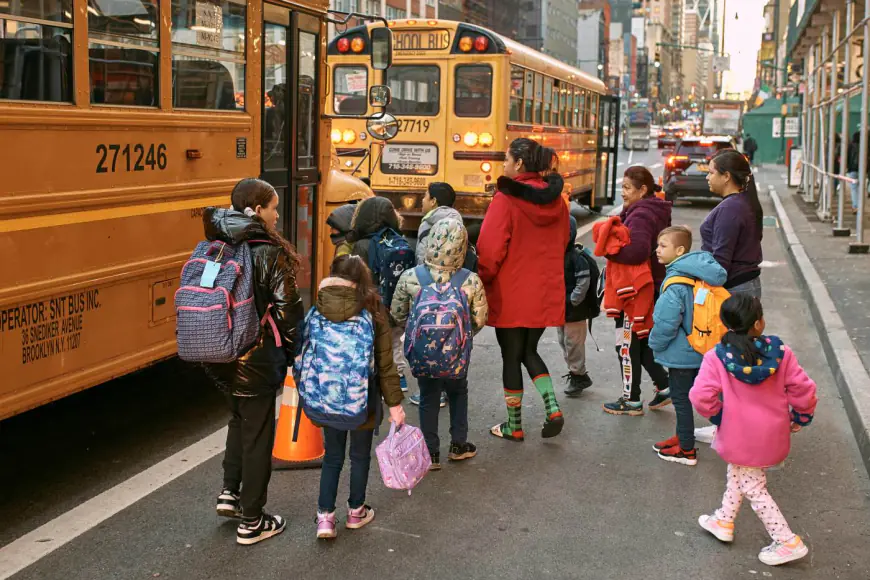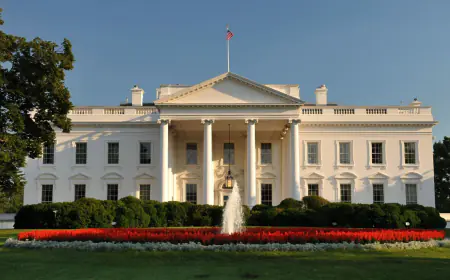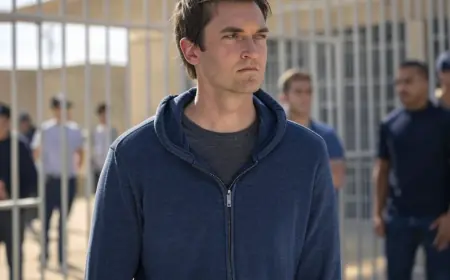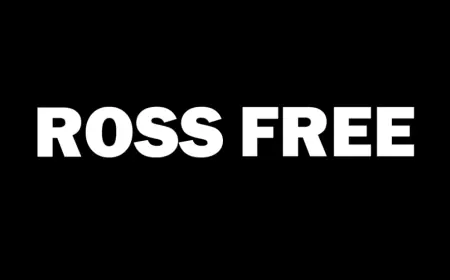NYC education panel pushes back on Trump order to allow ICE in schools with deportations looming
The Trump administration's Tuesday announcement that federal immigration agents would not face limits on arrests at or near sensitive locations — which alongside schools, also covers hospitals and houses of worship — undid over a decade of precedent, including Trump's first four years in office.

A New York City education panel issued a sharp rebuke to President Trump’s recent order allowing federal immigration officials to make arrests at “sensitive” locations, passing a resolution Wednesday night that affirmed the longstanding practice of barring the authorities from school grounds.
The Panel for Educational Policy serves as the city’s school board in a public education system controlled by the mayor. The majority of members are appointed by City Hall and abide by its directives.
“We have a city that has millions of people that are of not permanent status because our federal immigration system is fundamentally broken,” said Naveed Hasan, the main sponsor of the resolution.
“So we need to make sure that we as a panel, as a Board of Education, strongly put forth our support for them, make sure that they have all of the resources available to them to know their rights, that we know their rights and follow all of the pre-existing guidelines that were in place from prior presidential administrations in terms of protecting kids from non-local law enforcement authorities.”

The Trump administration’s Tuesday announcement that federal immigration agents would not face limits on arrests at or near sensitive locations — which alongside schools, also covers hospitals and houses of worship — undid over a decade of precedent, including Trump’s first four years in office.
Local guidelines block Immigration and Customs Enforcement, or ICE, from accessing schools without a warrant, and even then, administrators must consult with senior field counsel first.
While Mayor Adams has promised to “stand up for all New Yorkers, documented, and undocumented” and encouraged immigrant families to continue sending their children to school, it remains to be seen how City Hall responds to the federal government’s order. During a Tuesday press conference, Adams, asked about sensitive locations, refrained from weighing in publicly.
The education panel’s resolution had been in the works since before Trump’s order and also called on the school system to maintain a curriculum that reflects the diversity of its student body, prevent administrators from disclosing any student records, and treat all students equitably.
It earned the praises of the city’s powerful teachers union, which sent two of its top officials and read a statement on behalf of its president. Schools Chancellor Melissa Aviles-Ramos, though not a voting member, typically attends the panel each month, but was not present Wednesday night, citing a conflict.
“Once children are students in New York City public schools, they are our children. We work hard to protect them from gun violence, from hunger, from COVID, from bullying, from attempts to short-circuit their education — and now from any attempts to drag them out of their classrooms to deport them,” said Michael Sill, assistant secretary of the UFT, paraphrasing a statement from President Michael Mulgrew.
“That duty to protect students is eternal.”
“There are staff members in our buildings who may be recipients of DACA,” added Janella Hinds, vice president for academic high schools at the UFT, “who may be under temporary protected status, and who deserve all of the protection afforded to them under the law.”
Panelist Tom Sheppard praised the resolution, which is nonbinding, as a good “first step,” but called on the chancellor to put forward a regulation that would be “etched in stone” — a sentiment that was echoed by members not appointed by the mayor. Those include panelists elected by community education councils and appointed by borough presidents.
Other panel members shared stories of their own immigrant families or suggested all New Yorkers should care about the issue, regardless of their backgrounds.
“For those who may feel that some of the things that are happening nationally don’t directly affect them, I think there’s a poem,” said Chair Gregory Faulkner, likely referencing “First They Came” by Martin Niemöller, “that if you remain silent when they came for others, eventually they come for you.”
“I think we all have to remember that what we see now, though it may not affect us directly, at some point, we may be affected,” he continued. “And it’s important for all of us to speak out.”
What's Your Reaction?








































































































